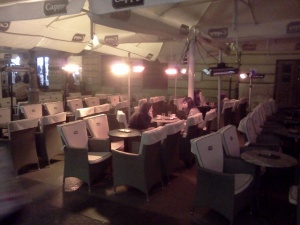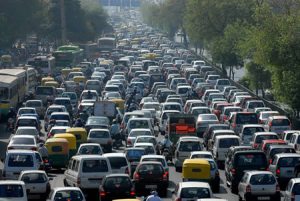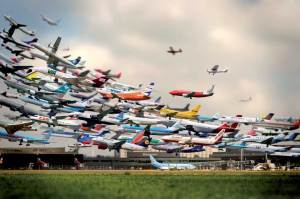 Several years ago, I was amazed (and quite repulsed) to read about a café in Paris which supposedly had an open terrace and kept it heated throughout winter, with tropical plants in pots and matching décor and guests. It sounded to me a bit like a golden toilet bowl, or a personal shopping assistant, or drag racing – roughly equally senseless. I was caught unprepared by the idea that it might appeal to people, but didn’t think much about it at the time.
Several years ago, I was amazed (and quite repulsed) to read about a café in Paris which supposedly had an open terrace and kept it heated throughout winter, with tropical plants in pots and matching décor and guests. It sounded to me a bit like a golden toilet bowl, or a personal shopping assistant, or drag racing – roughly equally senseless. I was caught unprepared by the idea that it might appeal to people, but didn’t think much about it at the time.
In the short years since then and now, these heated terraces have stopped being a foreign curiosity and have instead become a frequent sight in the café-inundated parts of the city. Cafés, restaurants, fast food stands, pizzerias – they all have people sitting in jackets and scarves, sipping their tea and coffee, chatting away about one thing or another. Heated terraces have become so pervasive that there are café catalogues which list them as a category and tick it off for the cafés which have one. Some places promote them as their unique selling point: “[…] It also has an envied feature of a heated open air roof top terrace […] makes this bar unique amongst other bars in the area. With a wide selection of…” Then they go on about various kinds of fabulous drinks, the atmosphere, work hours, special programs and so on.

